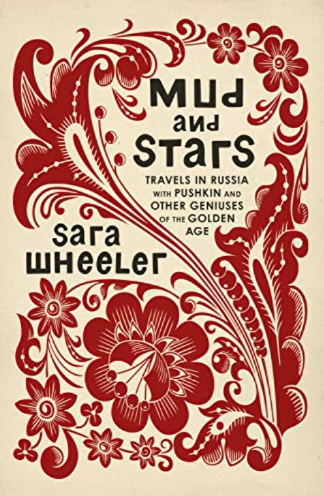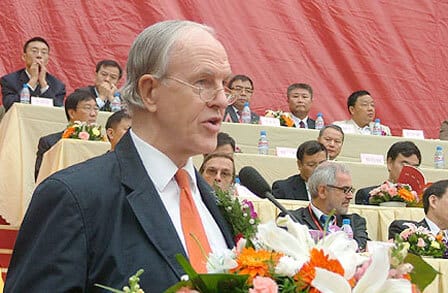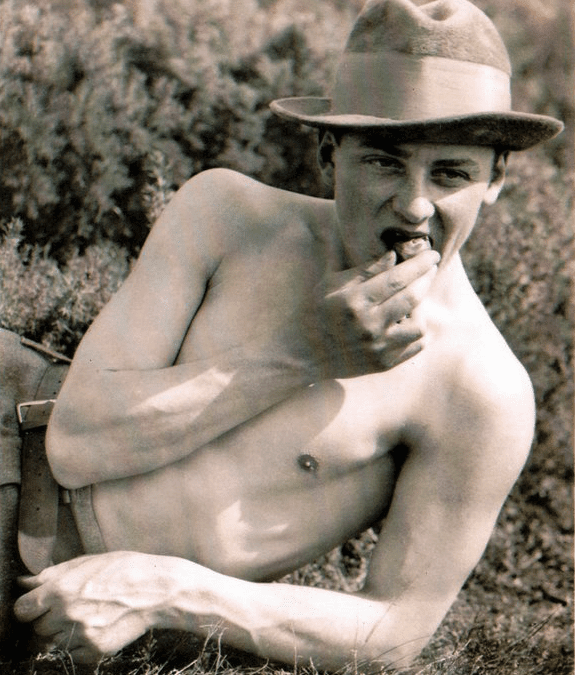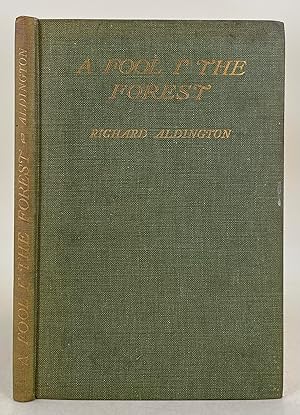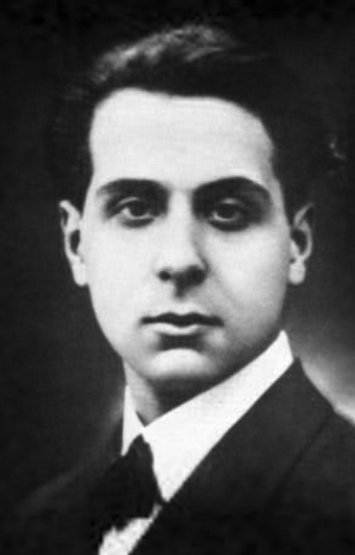MUD AND STARS:
TRAVELS IN RUSSIA WITH PUSHKIN AND OTHER GENIUSES OF THE GOLDEN AGE
Sara Wheeler. Jonathan Cape, 2019, £20 hardback, 280 pp.
The following review was written for Literary Review, and is presented below in a longer, unedited version of that published in July 2019 here.
The ‘stars’ of the book’s title are Russia’s Golden Age writers; the ‘mud’ is Russian socio-political conditions from the nineteenth-century to the present. The implication of this literary travel book is that most Russians live in the latter, but have the option of reaching for the former. Over several years, Wheeler (formerly explorer of Greece, Chile and the two Poles) has taken writers from Pushkin to Chekhov as geographical and spiritual guides to their homeland. She explores their houses, where they fought duels, their graves, and their continued relevance.
For the reader, a great deal of trouble is thereby saved. There is negligible tourist infrastructure over most of Russia’s expanse. Wheeler puts in dozens of hours on trains, on obtaining permission to visit restricted regions, and on home-stay sofas, so that we don’t have to. She also digests the plots and attitudes of the major works of the canonical nineteenth-century writers, so that we don’t have to cross their thousands of pages – though such is the appreciation communicated, that we may feel tempted to do so. Each chapter is orientated around the life and work of one writer, with digressions concerning associated artists and composers, Wheeler’s attempts at Soviet-style cookery, and reminiscences of her Russian language lessons. Her particular loves are Turgenev (‘he wrote like the Angel Gabriel’), the English translator Constance Garnett (‘I love her, and I love her stuff’), and Russian nature (‘When Chekhov sat at his writing desk next to the window in his study, hares stood on snowdrifts and looked in at him’). At times cheerfully-irreverent (‘Pushkin was a heroic shagger who only had time to write when he had a sexually transmitted disease’), her sensitivity to suffering leads her to take Dostoevsky and his tormented religion seriously. And her knowledge of Russian is sufficient to give us gems of vocabulary such as ‘Khalatnost, sloppiness, negligence or dressing gown-ness, a handy Russian word denoting the ability to spend most or all of the day in that garment and slippers’.
But if her response to the literature invites the reader to read what she has read, her response to the country does the reverse. She reveals dire conditions in the dying villages, especially amongst native peoples. In Chukotka ‘A resident had struck a flyer on a telegraph pole advertising his flat in exchange for a one-way air ticket to Moscow’. She astutely notes that the widespread apolitical fatalism, ‘born out of historical and personal experience’ ‘is the opposite of the American dream’. She asserts that ‘I was searching for a Russia not in the news’, but – unlike many of the visitors to the 2018 World Cup (which is mentioned in one line) – she seems to have discovered nothing that contradicts the Western news narrative, and to have had few positive experiences of the people altogether.
One problem is that, although some of the phenomena described have been changing fast, her travels are for the most part not recent, and their dates are not made clear. One has to infer, for example, that since she visited Sochi soon before the Olympics, this was probably in 2013. Since she saw the Moskva Hotel soon after its reconstruction, this could not have been before 2012. The humanitarian catastrophe experienced by Russia in the 1990s is not distinguished from the subsequent period; it is explained that the people ‘had all seen their healthcare and education systems fatally eroded’, but not when this principally took place; this is a conflation that no Russian old enough to remember the 1990s would make (World Bank data shows Russian life expectancy climbing steeply from the early 2000s to the present). Wheeler mentions that ‘The country’s GDP at that time was approximately equal to that of Italy’ without stating when that was, or acknowledging that the IMF and World Bank reject this measure (because based on USD-equivalence with fluctuating exchange rates), instead focusing on purchasing power parity (according to which Russia’s GDP is currently roughly equal to that of Germany).
Several assertions are not just undated but unsourced (the endnotes are rudimentary, and on the literary side include references to Kindle editions, not always with translators’ names provided). For example, ‘Forty per cent of homes in the countryside and small towns are without not just electricity, but running water and sewers as well’. The World Bank puts the percentage of Russians with access to the electricity today as 100%, and the World Health Organisation put the percentage of Russians with access to clean water in 2015 at 96%. It is mentioned that‘In the latest Transparency International Corruption Perception Index, Russia stands at 134 out of 176, well below, for example, Paraguay and Liberia’, but it is not mentioned that on the measure more relied on by international investors and businesses, the World Bank Ease of Doing Business ranking, Russia currently stands at 31st, ahead of Japan, Switzerland and France.No evidence is given for the statement that ‘the president had robbed the nation of its assets and built up pharaonic personal funds in Switzerland’, nor that ‘55,000 children sleep rough in Moscow on any one night’ – impossible during winter, and highly unlikely from my observations of Moscow at other seasons. It is asserted that during the nineteenth-century most Russians knew nothing of ‘European influences, just as 140 million today know nothing of oligarchical bling’. Oligarchs, and their lifestyles, are criticised on precisely the Russian television which Wheeler rightly points out as being largely state-controlled. She asserts that the government controls ‘all artistic output’, despite the fact that many artists criticise the government, not least on the internet which Wheeler acknowledges to be free. It does not help to conflate Putin’s Russia, whatever its faults, with Stalin’s. Many Russians alive today can remember the latter, and can tell the difference. Even regarding the literature, inaccuracies occur – for example, that ‘virtually nobody had heard of [Dostoevsky] in the English-speaking world’ until Garnett’s translations of ‘the war years’. He and his contemporaries were known in French translation well before that, and in 1887 Matthew Arnold observed that the Russian novel in England had inherited the vogue lost by the French novel.
The book also contains contradictions. Wheeler emphasises the smallness of Russia’s GDP, but also states that the country is ‘too powerful to need alliances’ (it is, of course, fast building alliances in BRICS, the Eurasian Economic Union, the Shanghai Cooperation Organisation, and with China). She emphasises Russia’s diversity (‘there is no such thing as “Russian culture” – the place is too big, and too ethnically fragmented and socially divided’), yet generalises that ordinary Russians’ ‘lives were and are consumed with the generally dreadful business of being Russian.’ Unlike those Western Cold War-era spies who testified that their insight into Russians’ homes gave them a sense of their common humanity, the book’s descriptions of Russians are habitually othering and some sometimes snide: Russian sunbathers are ‘spam-coloured’; hair is dyed not blonde, but ‘the colour of cornflakes, a shade popular with Russian women’. An area of Russian shops and restaurants ‘off the arse-end of Queensway’ is described thus: ‘Next to Samovar a Russian film shop, again windowless, sold DVDs, all of the violent variety. This grubby corner of Bayswater represents the Russian community in London. Oligarchs are a miniscule minority. Here is the seedy reality’. One wonders whether it would be acceptable to write similarly today about Italians or Greeks, and one is reminded of the growing number of attacks on UK-based Russians (most recently in mid May 2019, when a Latvian schoolboy in Liverpool was beaten up after being mistaken for one). By contrast, Wheeler seems to have encountered no dislike of herself as an Englishwoman, despite the supposed effect of the hateful propaganda being pumped out of Russian televisions.
Certainly, there are a few brief acknowledgments of an alternative understanding of the new Cold War: ‘Almost everyone felt that the West was out to get them, and in the light of that, at least Putin was batting for Russia.’The Sochi Winter Olympics were expensive, ‘But it was worth it. Putin had seen the West expand NATO to the frontiers of the motherland, court Ukraine and bomb the shit out of Serbia and Kosovo. It was time to fight back, and show who was boss.’ An uncritical, unevidenced rehearsal of the US opposition narrative concerning the last presidential election (‘Two weeks before Trump’s inauguration in January 2017, Washington’s director of national intelligence, testifying before the Senate, described a complex Russian operation that hacked into Democratic Party emails and publicised its discoveries in Wikileaks’) is followed by the acknowledgment:‘Of course, the US has for decades funded media outlets and civil-society groups that poke their noses into Russian affairs.’ However, these acknowledgments are brief and unsympathetic; nor do they acknowledge the extent to which the actual or perceived nature of these actions serves to shore up Putin’s popularity within Russia. (Her comments with regard to Greece are similarly obtuse: ‘When I lived in Greece for a couple of years, it took me a while to work out why Greeks viscerally hated Americans. It was because they, the Greeks, thought that in a world with its wits about it, it was they who would be the superpower’ – which is to ignore the effect of American backing for the dictatorship of the Colonels between 1967 and 1974, during which time the Athens Hilton became nicknamed the ‘American Embassy’). With regard to Dostoevsky, Wheeler asserts that: ‘He became increasingly Slavophile himself, and came to understand that Russia could never be truly European. Time has proved him right.’ This is to ignore both Russian history prior to Dostoevsky (when Russia increasingly considered itself, and was considered, as part of European culture), and the moment in the early twenty-first century when Russia approached the European Union in the hope of joining it, and was repulsed. It takes two to integrate Russia in Europe, and of late the latter has shown no interest in doing so.
That some of Russia’s greatest literature has been appropriated to an agenda so crudely disparaging of the country that produced it, so cavalier with fact, so ignorant of current positive trends, and so uninterested in the details of the new and extant problems, or in the solutions being attempted by the state or a nascent civil society, makes, ultimately, for a depressing read.
